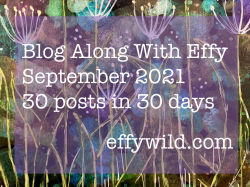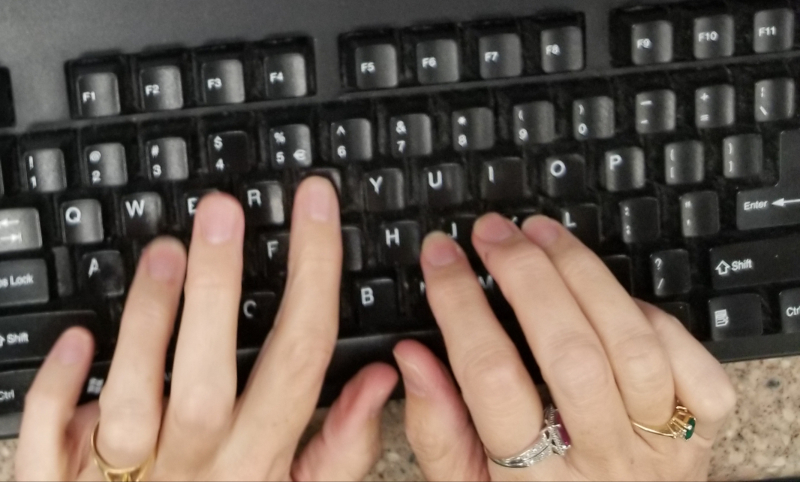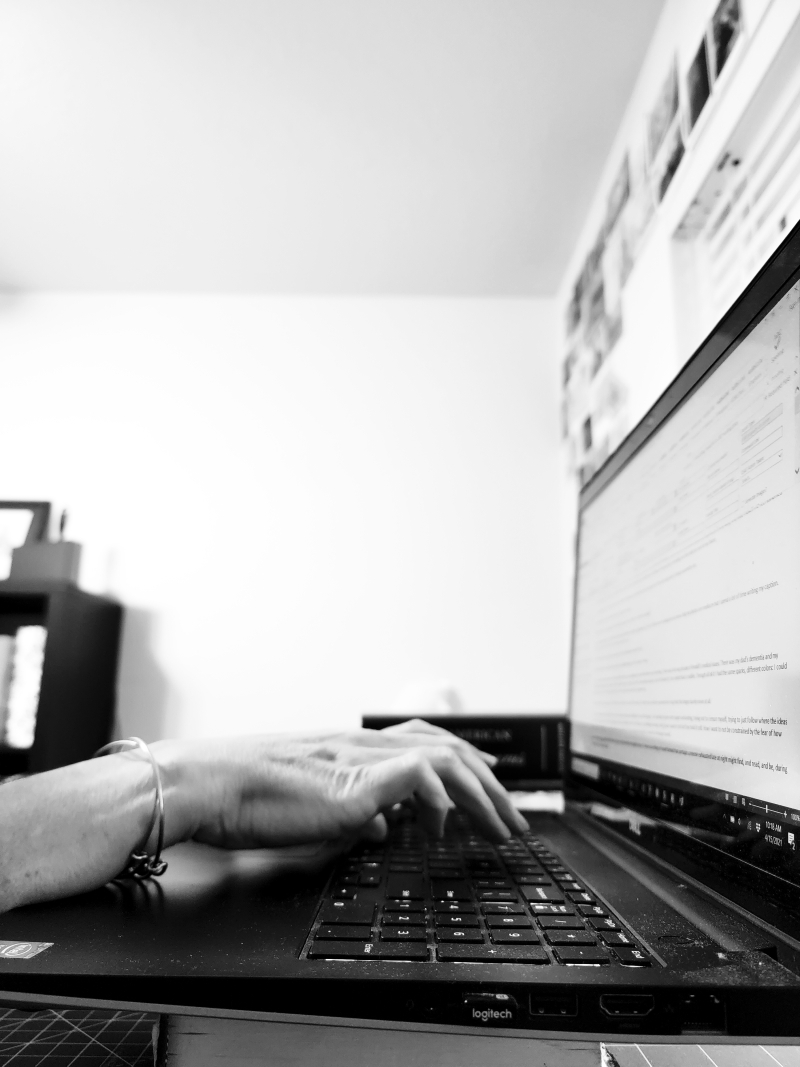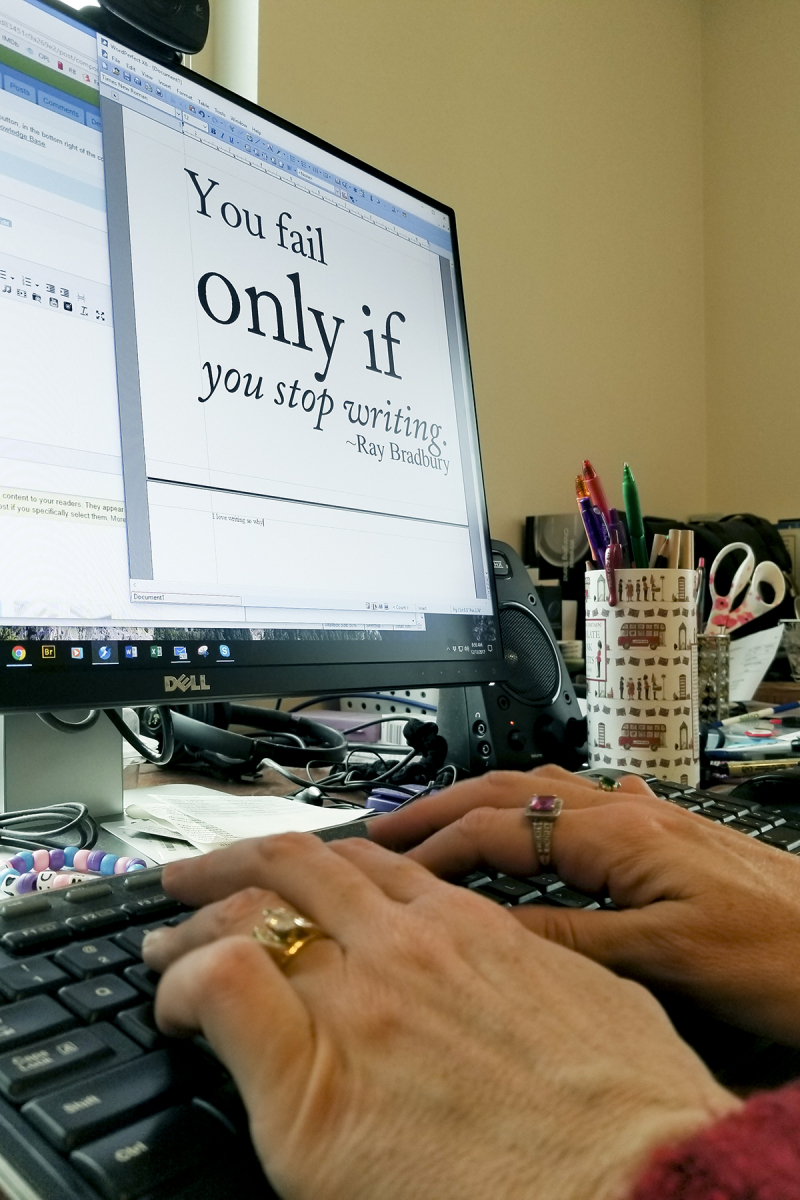On Friday, Kendell and I went to the wedding reception of the daughter of one of our couple friends. We’ve been friends with this family for, I don’t know…at least 25 years. This friendship was formed—like so many other friendships and families in this valley—through our being employed at WordPerfect.
I started working at WordPerfect when I was 17 and still a wild child. I went to school during the day (not to my local high school, though, but to the local community college) and then worked from 3:00-9:00, doing data entry. My mom worked there, too, and my sisters, and a year later my friend Cindy (whose dad and brother also worked at WP) would introduce me to her brother, Kendell. WordPerfect had a huge impact on our little valley; it brought so many jobs after the biggest employer, Geneva Steel, began laying off workers in droves. I was young and impressionable and probably pretty stupid when I worked there, but I learned a lot from the (actual, adult) women I worked with.
At Friday night’s reception, I sat at a table with a woman I knew from those WordPerfect days, someone I admired because she seemed so competent. Complete, somehow, a woman with a career that defined her, who seemed entirely comfortable in being who she was.
After I took off my mask, she recognized me; well, actually, she probably only knew me as “Suellen’s daughter,” but she was polite and talked to me like an old friend. She told me about her adult children and her grandchildren, and then she asked me about my life.
“You always seemed like you were so bright and full of potential,” she said. “What have you done with your life since I last saw you?”
And honestly: I couldn’t think of one single thing I could say.
What have I done with my life?
I said something about raising a family and then started talking about my kids. I was surrounded by people so I couldn’t really let her question sink in, but when I woke up on Saturday morning, it hit me.
What have I done with my life?
The Amy she knew—was I bright and full of potential?—was certain she would do amazing things with her life. When I was that person she knew, I was at a huge turning point of my life, when I tried to set down all my rebellious ways and live a “good” life. I pulled on the dress of my religion and tried to wear it like it was a skin, and I tried to wear it for the next 25 years. I was going to be good, and the blessing in being good would be achieving what I wanted to achieve.
Could I have said that?
“Well, I tried to be a good Mormon.”
But she had talked about missions and temple weddings, and if that is the metric one measures “good Mormon” with (and, let’s be frank: it mostly is), then clearly I did not accomplish that goal.
The Amy she knew was determined. Yes: I got married at 19, but I was determined to graduate from college. Eventually I did. Eventually I even got two degrees. Could that be my answer?
“I got an English degree and one in secondary education.”
I know now that a Bachelor’s degree opens some doors, but it is really only a start. After I graduated with my first degree, I wanted nothing more than to be a stay-at-home mom. Did I want this only because it was what the LDS faith told me I was supposed to want? That was a part of it, but, no: I loved the time I got to spend as a mom at home with my babies and toddlers. I didn’t want it to end when life made it end anyway, and the fact that what I wanted didn’t seem to matter to God or the Universe or Whoever was so, so bitter to me.
But the truth is, you can only choose one life. It was impossible for me to choose the two things that I wanted: have a family and get a PhD so I could teach literature and writing at a university. (One of my deepest desires.) I know many women actually DO manage those two different choices, but the particulars of my life made it impossible. Or, at least, it seemed impossible. I chose my family, and I love them with all my heart. But there is a part of me that mourns for that Amy who never existed.
So, I guess my response to Barb’s question about what I have done with my life was an accurate one:
I raised a family.
I want this to be enough, but if I am honest with myself, it doesn’t feel like it is. Maybe if I had managed to be a better mother, I would feel like it was enough. But I made so many, many mistakes. There is a saying in the LDS church that people like to repeat: “no success can compensate for failure in the home.” I don’t think I failed, per se. But I could have done so much better than I did.
So here I am. Almost 50, with three adult children and one still in high school. No longer bright, no longer full of potential. What have I done with my life?
I raised four amazing children.
I ran some races, even a couple of marathons.
I hiked a lot of mountains.
I witnessed the suffering and death of both of my parents.
I taught online scrapbooking classes.
I taught high school English.
I wrote some articles for a scrapbook magazine.
I had an essay published in a book.
I became a librarian.
I took a lot of pictures, baked birthday cakes, made meals, did laundry, weeded my flower beds, mowed my lawn.
I helped my husband recuperate from six major surgeries in ten years, not to mention survive a cardiac arrest.
I went to church. I tried to fit in there, tried my best. I taught teenagers and adults some lessons out of the scriptures.
I did a little bit of traveling.
This is the content of an ordinary life. And there is nothing wrong with an ordinary life. It is beautiful, and even if it doesn’t seem like much from the outside, there are many things in that list I am proud of.
But did I fulfill that “bright potential” Barb thought she saw in me?
You know how sometimes time slows down in your head? When she asked me that question, I had that experience. I thought “Oh, God, how do I answer that, I haven’t done anything that would impress someone like her” and my mind flashed through my life and I thought “my truest wish is that I could tell her ‘I am a writer.’”
Then time sped back up to its normal speed and I tried to answer.
Almost 50. The brightest parts of my life in the past. Unsure if I have any potential left.
Was her question a Rorschach test, the first response being the truest?
I know what I want to do with my life. It is the thing I have wanted to do since I was 15 and someone else in my 10th-grade English class stood up and read a poem she had written herself. Since I was 16 and didn’t know what to do with all of the feelings I had, and writing in my journal was one of the only ways I could find to cope. Since I was 10 and read a book I loved and thought I wish I could do that.
How do I do that?
How do I stop wanting to be a writer and actually be a writer?
How do I claim that my other roles—wife and mother and daughter and sister and friend and employee—are important but I want, I want, to do what I have always wanted to do?
Is it selfish?
Is it silly?
How do I convince myself that I deserve to follow the dream I always had for myself? How do I separate what is needed right now (helping Kaleb through high school, saving for retirement, managing the various ways my body is failing, encouraging Jacob to find his way, being helpful to Haley, Nathan, and Elliot) from what I want for the future? (writing that makes me realize: that has always been my problem, putting aside what I wanted for what was needed right now).
How do I find the courage—is it brightness? is it potential?—to say “succeed or fail, writer is where I am focusing my energy”?
Writing this and posting it on my backwater of a blog will not accomplish much. I know the answer: do the work. Try. Don't let the "yeah, but"s get in the way.
But it goes deeper than that. It is about finding courage, yes, but it is about finding that belief I used to have, the belief that I do have potential, that I do have a brightness to offer to the world.
How do I find that belief again?
 Back in April I did a month-long blogging challenge and I enjoyed it so much. It was stimulating to write a blog post and know someone else would read it. In September, Effy Wild is doing another blog challenge so I'm going to join in.
Back in April I did a month-long blogging challenge and I enjoyed it so much. It was stimulating to write a blog post and know someone else would read it. In September, Effy Wild is doing another blog challenge so I'm going to join in.

